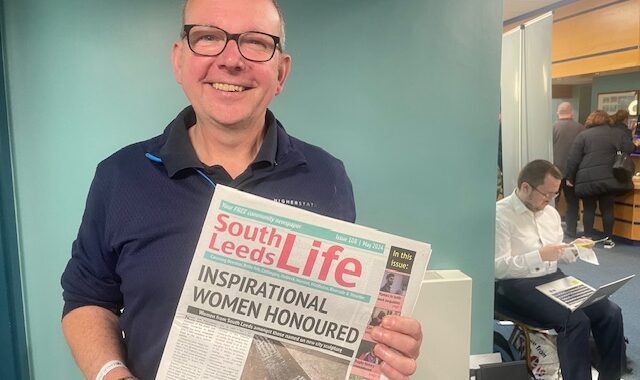In February, Portsmouth hyperlocal Star & Crescent broke their first story, about a plan by a Conservative councillor to ‘smear’ critics of the leading Conservative administration of Portsmouth City Council. Editor in Chief, Sarah Cheverton, tells C4CJ the story behind the story.
Star & Crescent was launched in February 2015 by my colleague, Tom Sykes, and I, with the support of around 40 contributors who kindly – and for free – submitted their work to us for publication. It is no exaggeration to say that the creation of S&C was fuelled by frustration with existing local media, which – in an age ripe with the challenges of digital journalism – seems to be failing communities at a time when quality, investigative, local journalism has never been more important. We were inspired by a course run by C4CJ on community journalism to translate our frustration into action, and S&C was born.
In September 2015, we became one of 10 hyperlocals in the country to be chosen for an audience analytics research project being run by Nesta. Without Nesta two things that were central to us being able to break the story would not have happened: the ability and tools to develop strong relationships with the local community and the capacity to investigate and write the story.
A leaked email that outlined Cllr Scott Harris’ proposal to the leading Conservative administration of Portsmouth City Council was shared with us from someone in Portsmouth with an interest in our work. Much of the leaked email focused on a local  resident who had been an active critic of the Council on a number of issues. The leaked email suggested complaining about the resident to their employer, seemingly with the aim being for them to lose their job. Cllr Harris suggested that ‘it might be a good idea to play dirty’ with local critics.
resident who had been an active critic of the Council on a number of issues. The leaked email suggested complaining about the resident to their employer, seemingly with the aim being for them to lose their job. Cllr Harris suggested that ‘it might be a good idea to play dirty’ with local critics.
We ran the story – only a few hundred words – late at night on the day it had been leaked to us. We knew at this point we were the first ones in the media to do so, but we could not have guessed that the story would gain as much national traction as it has. To our knowledge it has been covered so far in The Guardian, The Mirror, Metro, The Independent and The Morning Star.
Our approach to running the story was different from many other media outlets. For example, we contacted as many of the individuals named in the email as we could and asked for their consent to name them. Several were shaken by the email and asked not to be named and we honoured that. We did not reproduce the email in full because to do so would identify the residents involved, particularly the main target of the proposed smear campaign. As a hyperlocal serving our city, it is important to Star & Crescent that we acknowledge and respect the power differential not only between politicians and citizens, but also between citizens and journalists. By the next day, The Guardian had the story and everyone was named, whether they liked it or not.
The most important question for us in breaking our first story – and our first story of national interest – has been about how we earn and maintain the trust of citizens who want to act as sources. In a climate where our elected officials are prepared to go on the record (albeit a record they hoped no one would ever see) about their willingness to ‘smear’ and ‘play dirty’, not just with each other, but with their own constituents, this is important. Politicians and journalists choose to be in the public gaze, but citizens do not make that choice when they find themselves the target of a media storm. For us, the issue of earning our readers’ trust has no easy answers, but we look forward to working with them more and more in the future to explore it further.




